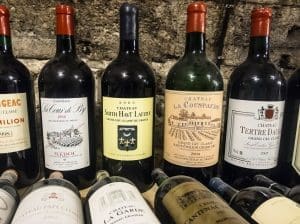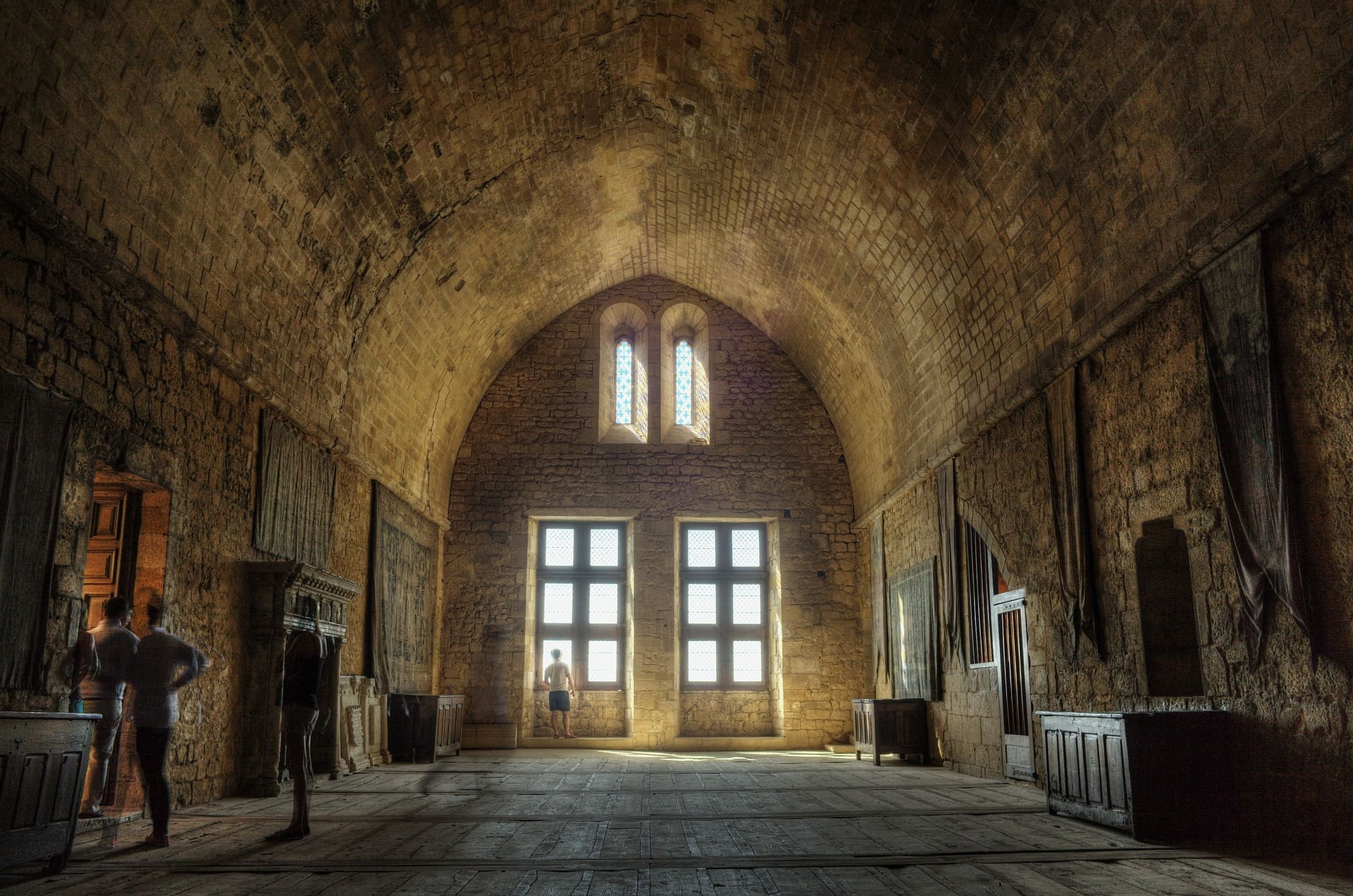
In the commodity world of Wine and Cigars, there are two products which set the standards of style and price. French wine, in particular Bordeaux and Burgundy, bears a striking resemblance to Cuban cigars in both the way it is made and the way it is enjoyed. They are the entry points for the beginner who is looking to discover the benchmark products in their field, and they can become obsessions for the passionate connoisseur. Following these products is a sure way to enjoy a lifetime of fine drinks and fine smokes, even though the value may not always be there. Which leads to my question. In a world where the competition in the wine and cigar market is intense and for many palates is producing superior products at a lower price, why do we keep coming back to Bordeaux and Cuban cigars for pure enjoyment and not just to pull out a trophy? Consistency, quality and ageability are what pull me in and hold my interest.
French wine and Cuban cigars share an over -the-top commitment from their producers to create perfection at every point of the growing and production process, but not with the goal of creating the “textbook” wine or cigar but a very unique expression of place. This is a secret weapon that differentiates them from the copycats. For example, when you buy an Argentine Malbec, you can be pretty confident you are getting a full bodied, fruity, touch of oak delicious wine. A wine you don’t want to think too much about, you just want some gratification for your taste buds. If you buy a comparable Bordeaux, say a Chateau in the $15-20 range, you are anticipating an experience that will give your tastebuds more of a workout. You expect more nuance and you expect to spend more time searching for those nuances in the glass. Each expression of Bordeaux and Cuban cigars has a story, an expression to convey to you. Year after year, the basis of flavours is the same, but the subtle difference in the nuance will stimulate discussion and comparison.


A lot of the attention to detail from the consumer is a result of the ridiculous efforts we go to to age these 2 products. It is this aging that differentiates wine and cigars from scotch in terms of the process of enjoyment. In the scotch world it is the master blender that gets the pleasure of comparing the age variations. Both Bordeaux and Cubans benefit greatly from the effects of aging, and are the real genesis behind the expensive cellars and humidors we purchase to protect our valuable investments. Interestingly, it is the wood that is a common element in the aging process, whether it be oak barrels or cedar-lined boxes. After the proper periods of aging, in both cases you can expect a product that has become smoother and more complex in flavour, which allows for even more reason to deliberate. There will be some disappointments from aged French wine and Cuban cigars, but by and large there is real consistency in the ageability and character of both, which in other regions requires a bit more discrimination. For the average consumer, at the value end there is lots of products to indulge in. For $20 you can get a village Bordeaux from the great 2009 vintage and a panetela, say a Larranaga, and both display the textbook character I know and love, those traditional flavours of their respective regions. Iwill always be willing to pay more, however, to get a product that has consistent quality but still has the uniqueness to stimulate my palate and mind, and I will continue to sample top French wines and Cuban Cigars for years to come.




